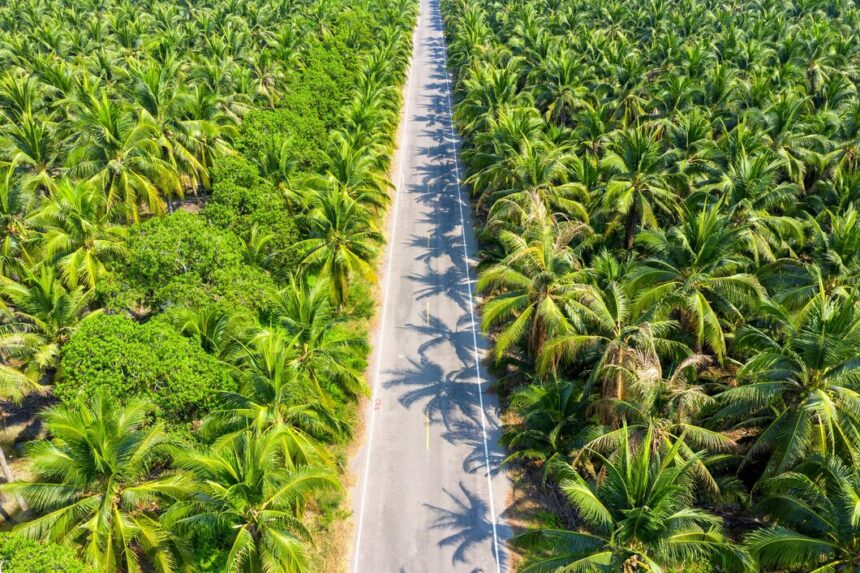Palm oil stands as one of the most versatile and widely used vegetable oils globally, finding its place in food, cosmetics, and biofuel industries. In South Africa, the cultivation of palm oil presents both opportunities and challenges. To ensure sustainable production while meeting growing demands, adopting effective techniques to enhance both quality and yield is paramount. Here, we delve into some strategies for optimizing palm oil production in the South African context.
1. Varietal Selection:
Choosing the right palm oil variety is fundamental to achieving high yields and quality. Varieties should be selected based on their adaptability to local climate, disease resistance, and oil yield potential. In South Africa, the selection process should prioritize hybrids that thrive in subtropical climates and demonstrate resilience to prevalent pests and diseases.
2. Proper Site Selection and Soil Management:
Site selection plays a crucial role in palm oil cultivation. Optimal growing conditions include well-drained soils with good water retention capacity. Conducting soil tests to assess nutrient levels and pH is essential for implementing targeted fertilization strategies. Furthermore, sustainable soil management practices such as cover cropping and mulching can help maintain soil health and fertility over the long term.
3. Efficient Water Management:
Given the importance of water in palm oil production, implementing efficient irrigation systems is essential, particularly in regions prone to water scarcity. Techniques such as drip irrigation and micro-sprinklers can minimize water wastage and ensure consistent moisture levels, promoting healthy growth and maximizing yields.
4. Integrated Pest and Disease Management:
Pests and diseases pose significant threats to palm oil plantations, impacting both yield and quality. Implementing integrated pest and disease management (IPM) practices, including biological control methods, cultural practices, and judicious use of pesticides, can help mitigate these risks while reducing environmental impacts.
5. Optimal Planting Density and Pruning Techniques:
Proper spacing between palm trees is crucial for maximizing light interception and airflow, which are essential for healthy growth and optimal fruit production. Pruning techniques such as regular removal of old fronds and inflorescences can improve nutrient allocation and facilitate easier harvest, contributing to higher yields and better fruit quality.
6. Adoption of Best Agricultural Practices:
Implementing best agricultural practices throughout the palm oil production cycle is essential for maximizing quality and yield. This includes timely and balanced fertilization, weed management, and regular monitoring of plant health. Additionally, adopting precision agriculture technologies such as remote sensing and GPS-guided equipment can enhance efficiency and resource utilization.
7. Post-Harvest Management:
Ensuring proper handling and processing of harvested fruit bunches is critical for maintaining oil quality. Efficient extraction methods, timely transportation to processing facilities, and strict quality control measures contribute to preserving the integrity of the final product.
8. Continuous Research and Innovation:
Staying abreast of the latest research findings and technological advancements in palm oil cultivation is vital for driving continuous improvement. Investing in research initiatives focused on varietal development, agronomic practices, and sustainable production methods can provide valuable insights and inform decision-making processes for growers.
In conclusion, enhancing quality and yield in palm oil production in South Africa requires a holistic approach that encompasses varietal selection, site and soil management, water efficiency, pest and disease control, agronomic practices, post-harvest management, and ongoing innovation. By adopting these techniques and embracing sustainability principles, South African palm oil producers can unlock the full potential of this valuable crop while contributing to economic growth and environmental stewardship.
Join 'Farmers Mag' WhatsApp Channel
Get the latest Farming news and tips delivered straight to your WhatsApp
CLICK HERE TO JOIN






